Broadway has always been a battle between the old and the new, the timeless and the trendy, the Rodgers and Hammerstein versus the Lin-Manuel Miranda. Some theatergoers swear by the golden age of musicals, when stories were grand, melodies soared, and tap dancing was practically mandatory. Some are wooed by sensational, big-budget megamusicals, while others prefer the fresh, innovative storytelling of modern shows that break the mold and push the boundaries of musical theatre. But what do most audiences actually prefer? This is the question that has been pushed front and center since President Trump announced his take over as Chairman of the Kennedy Center. He declared his intentions via social media to impose a radical overhaul of the hallowed institution and reinstall “a Golden Age of American Arts and Culture”, in which classic “Broadway hits” such as Les Misérables would undoubtedly flourish. But Hamilton? Not so much in Trump’s mind…
Trump’s withering opinions on Hamilton have become public knowledge after the show’s producer Jeffrey Seller pulled the touring production from performing at the Kennedy Center, noting that the Broadway hit musical could not “in good conscience, participate and be a part of this new culture that is being imposed on the Kennedy Center”.
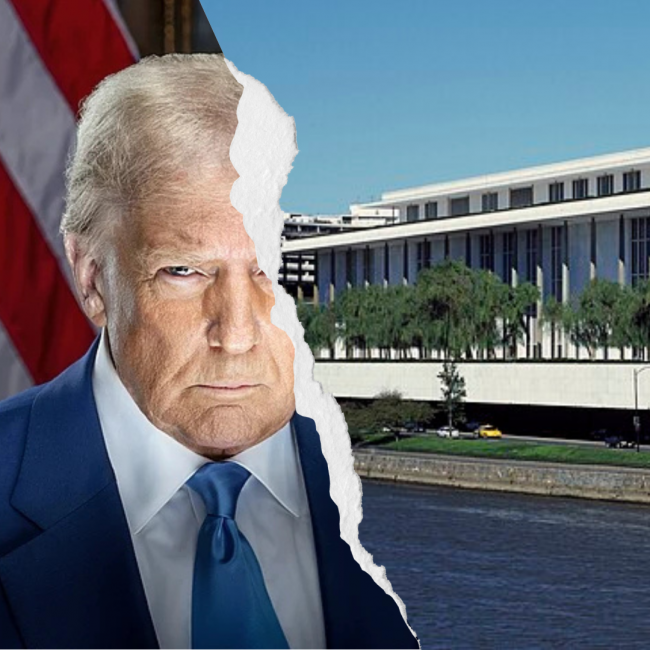
With these divided voices ringing in our ears and the debate over the future of the Kennedy Center raging, let’s double back to the idea of what makes a Broadway “hit” in today’s society and whether classic or contemporary shows are making the headlines.
Do the Broadway Stats Tell a Story?
So, do people still swoon over The Sound of Music, or has Hamilton stolen the spotlight? Let’s take a look at the numbers and the shows to get a better sense of where audiences stand in the battle of classic vs. contemporary musicals.
While musical theatre is a subjective art form, ticket sales and longevity tell us a lot about what audiences want. In the 30 years prior to 2008, approximately 80% of new musicals on Broadway were adaptations averaging 644 performances, while original musicals only averaged 331 performances with 30% closing in under a month. Ouch. BUT the Broadway League’s 2024 statistics revealed that during 2023-2024 there were 39 new productions and 32 continuing productions. The 39 productions that opened during the season included: 21 musicals (16 original, five revivals), 16 plays (12 original, four revivals), and two special engagements (both originals). Will these new shows stand the test of time? That’s to be seen, but many agree that this amount of original work is exciting!
Now, the Tony Awards often lean toward classic storytelling. But does this mean audiences prefer the tried-and-true classics? The box office success of the 2022 revival of The Music Man would suggest so, although that might also have had a little something to do with casting Broadway veteran and movie superstar Hugh Jackman as the leading man. The runaway success of Hamilton proves that a fresh approach can also take Broadway by storm. And let’s not forget that The Book of Mormon has grossed over $800 million, making it one of the most successful musicals of all time.
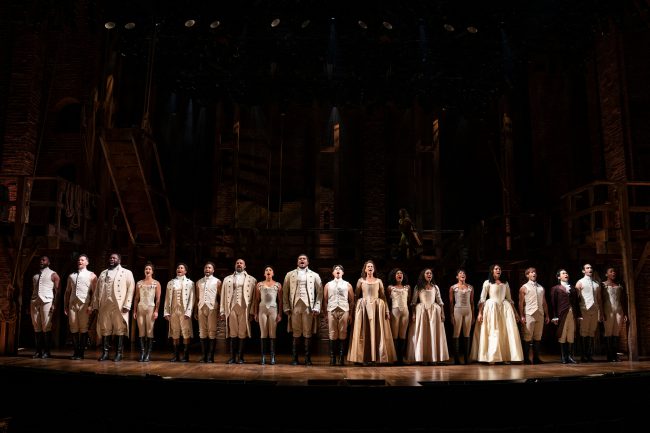
Classics That Still Reign Supreme on Broadway
Sandwiched in between the golden age classics and the modern newcomers, we have the hugely popular megamusicals that continue to thrive on Broadway and which President Trump clearly hopes to bring to the Kennedy Center. But what is it that makes these giants of musical theatre so popular?
Well, you don’t get much bigger than The Phantom of the Opera, which graced Broadway for 35 years before closing in 2023. With over 13,000 performances, it was the longest-running Broadway show of all time. The sweeping romance, the iconic mask, the crashing chandelier—it had all the ingredients of a timeless hit. The afore-mentioned Les Misérables is undoubtedly another titan of classic musical theatre. With its revolutionary story (literally), showstopping numbers like “One Day More,” and a fanbase that will fight for its honor, it remains one of the most beloved musicals ever. And what about shows such as Chicago, the sizzling, jazz-infused spectacle that first premiered in 1975? While it may not have been an immediate hit in the 1970s, the show has been running on Broadway since its 1996 revival. Despite its old-school vaudeville influences, audiences still can’t resist the razzle-dazzle of “Cell Block Tango”.
The Modern Hits Shaking Things Up
But let’s double back to Hamilton. Love it or hate it, there’s no denying that Lin-Manuel Miranda’s hip-hop take on American history changed Broadway forever. It scooped up 11 Tony Awards, a Pulitzer Prize, and turned musical theatre into a cultural phenomenon. Not bad for a show that President Trump “never liked […] very much”, reinforcing the divide between traditional musical lovers and those embracing the new era.
And, of course, Hamilton isn’t the only modern musical making waves. Dear Evan Hansen captured the hearts of audiences (especially younger theatregoers) with its deeply emotional story and social media-infused themes. Hadestown took ancient Greek mythology and spun it into a folk-jazz masterpiece. And Six is proving that even history’s forgotten queens can become pop icons.
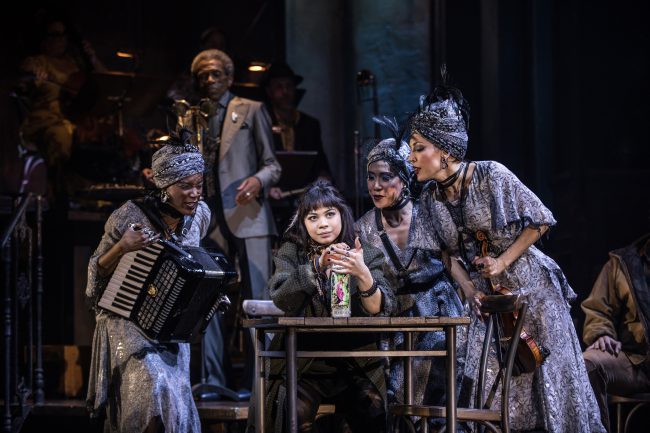
Who’s Watching What?
In 2018-2019, Broadway welcomed 3.4 million admissions by those under age 25, the third season in a row that attendance from younger audiences topped 3 million. Does it therefore follow that younger audiences are more likely to prefer contemporary works, seeing classic theatre as less reflective of modern culture? This could explains why musicals like Beetlejuice, & Juliet, and Moulin Rouge! have exploded in popularity. They’re vibrant, visually stunning, and appeal to fans of pop culture, rather than relying on the traditional Broadway formula. And of course, they often dive into jukebox territory, re-imagining songs that have been huge chart hits. Meanwhile, shows like The Music Man and My Fair Lady still attract older crowds who long for the golden age of Broadway.
However, on a personal note, as a parent with a tween theatre kid, I’m finding that these older shows are just as intriguing to them as the funky newbies. And we’re seeing them all!
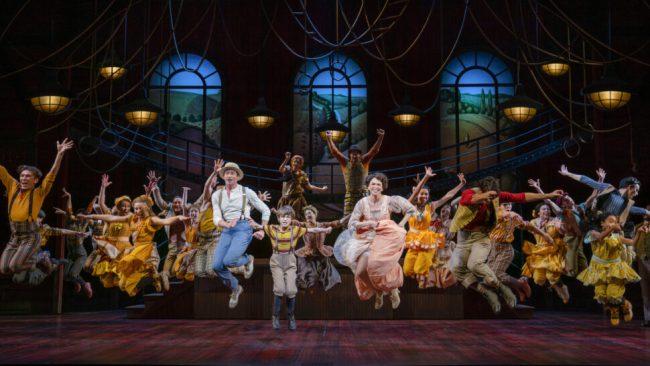
Photo by Joan Marcus.
The Middle Ground: Classic Musicals with a Modern Twist
The great thing about musical theatre is that it’s constantly evolving. Many classic shows are being revived with a fresh perspective to attract new audiences. The 2020 revival of West Side Story added a modernized visual aesthetic, while the 2019 restaging of Oklahoma! received a stripped-down, edgier reboot that left audiences divided but intrigued. (And also won the Tony Award for Best Revival of a Musical!)
Even Into the Woods saw a recent Broadway revival that felt both nostalgic and contemporary, proving that old favorites can still shine with a little reinvention.
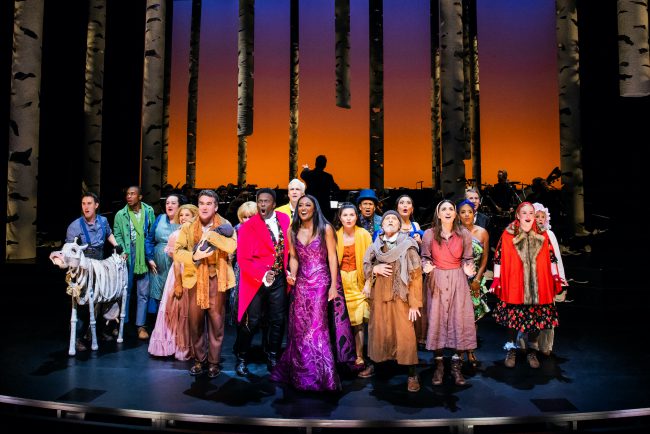
The Verdict?
At the end of the day, Broadway thrives on variety. Some people will always prefer the sweeping romance of Phantom, while others will connect more with the raw emotion of Jagged Little Pill. Ticket sales, Tony Awards, and even President Trump’s opinions all offer clues, but there’s no clear winner.
One thing’s for sure—whether it’s jazz hands or rap battles, Broadway will keep audiences coming back for more, no matter what era their favorite musical belongs to.

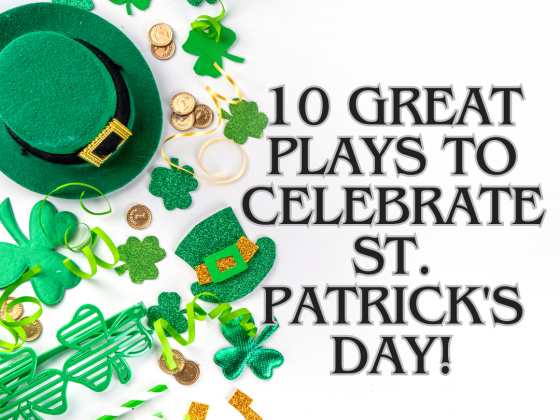
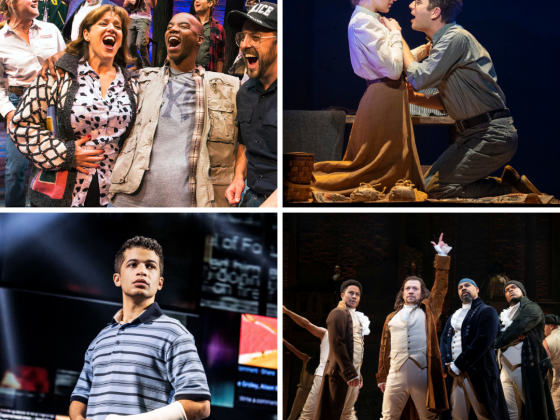
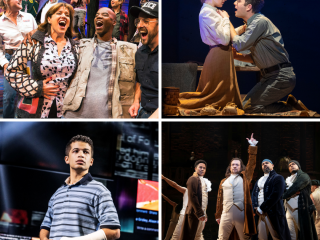
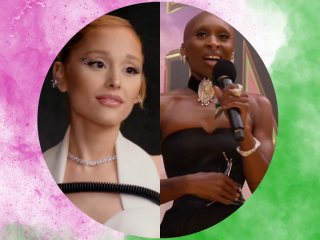
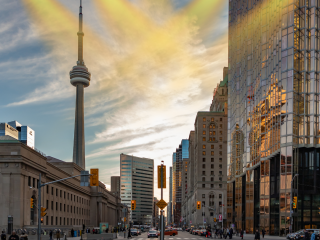
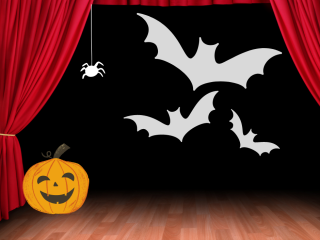

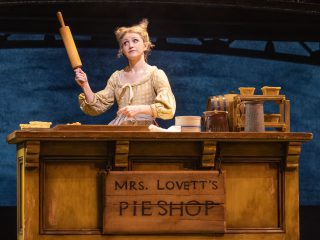
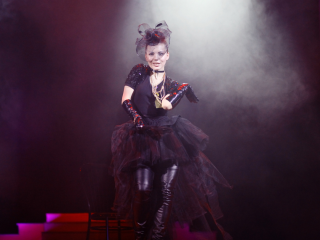
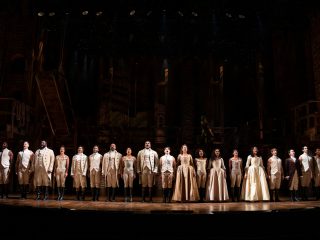




1 comment
Trump wants to eliminate diversity. He is approaching the arts from a racist lens. He decided to take over the Kennedy Center for that reason: to ensure that productions and performers remain White. His dismantling of DEI further reinforces that his vision is to elevate art that only appeals to White audiences. That is why he criticized “Hamilton”. He does not support diversity and inclusion in the arts and would prefer that all narratives be performed from a White lens. He is racist and has no business leading the board at the Kennedy Center. Furthermore, we should have freedom of expression, so he should not dictate which productions are acceptable or not because he is operating from a white supremacist agenda.